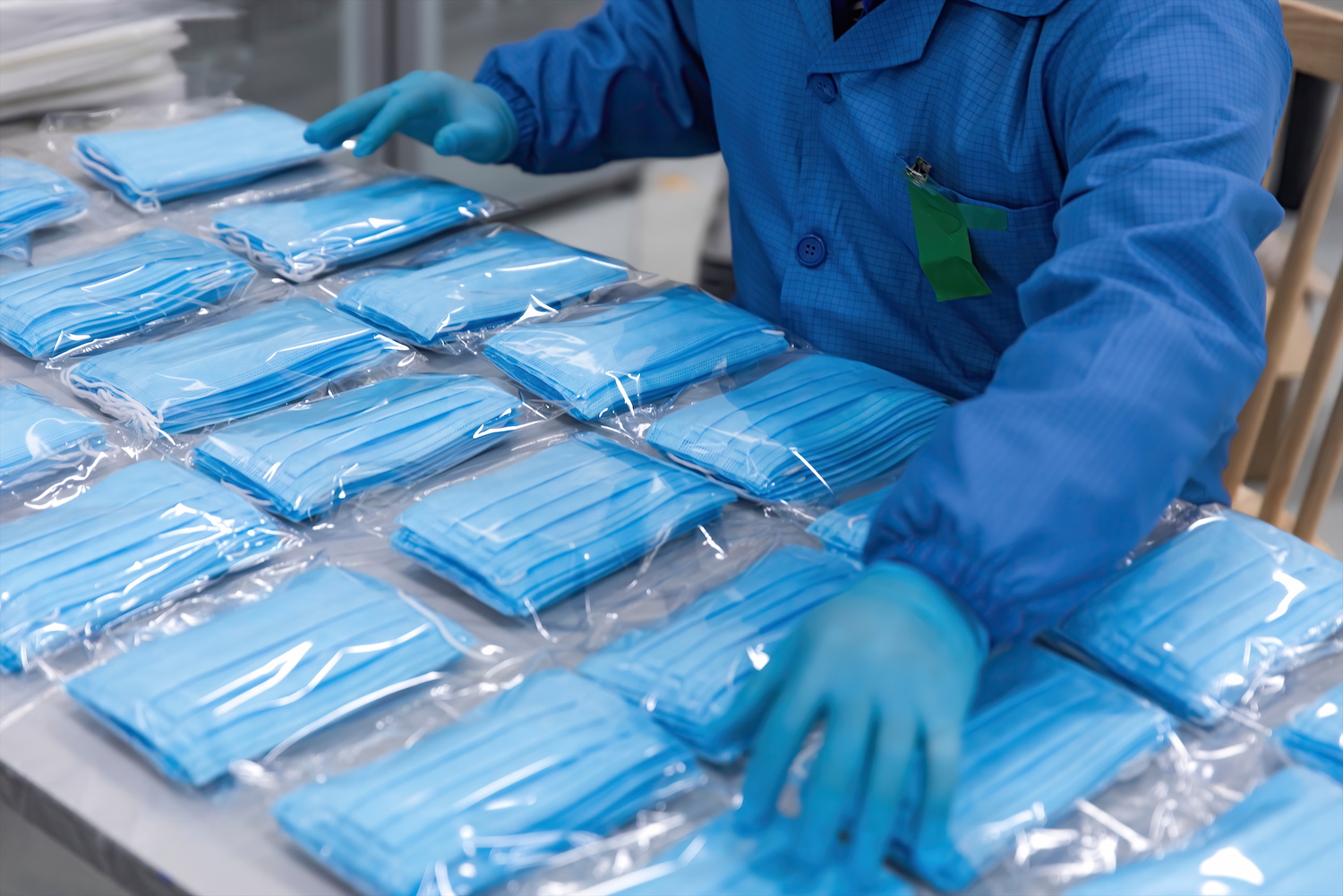„Um Ufank vun der Pandemie goufen et kaum Masken ze kafen. Lues a lues hunn Apdikten a Geschäfter der dunn offréiert, zousätzlech zur Offer vun der ëffentlecher Hand. Déi eng hu Masken am Pak verkaaft, déi aner eenzel. Datt et fir de Konsument problematesch war fir d‘Präisser an d‘Qualitéit ze vergläichen läit op der Hand.
An deem Kader wollt ech dem Här Wirtschaftsminister an der Madamm Konsumenteschutzministesch folgend Froe stellen:
- Wat fir Typpe vu Masken sinn hei zu Lëtzebuerg um fräie Maart zanter Juni 2020 verkaaft ginn?
- Goufen dës Masken alleguer enger Kontroll ënnerworf, iert se an den Handel konnte kommen?
- Wéi vill Masken goufen generell am Kader vu staatleche Kontrolle fonnt, déi net konform mat de nationalen, respektiv den europäesche Standarden fir Sécherheet, Gesondheet an Ëmweltschutz waren? Wat gouf an deem Fall mat dëse Masken gemaach?
- Huet den Här Minister an huet d’Madamm Ministesch Informatiounen iwwer d’Präisser, déi an Apdikten a soss am Commerce fir dës Maske gefrot goufen?
- Si Stéchprouwe gemaach ginn fir de Präis vun Eenzelmasken ze kontrolléieren an ze suivéieren?
- Huet den Här Minister Informatiounen iwwer d’Gewënnmargen an deem Kontext? Wa jo, gouf et Fäll wou noweislech iwwerdriwwe Präisser gefrot goufen?“
Answer
Together with the customs office, ILNAS continuously checked the quality of masks offered for sale in shops and pharmacies. Masks that posed a risk to health were withdrawn from the market and either returned to the manufacturers or destroyed. Regarding the prices of the masks, the Ministry for Consumer Protection did not find any violations of price transparency rules. Thanks to the worldwide production of masks and the distribution of free masks, the market balance was quickly restored after a short price increase at the beginning of the crisis. In Luxembourg, no cases of anti-competitive practices between mask traders have been observed.






